Are you interested in volunteering in Europe? Are you between 18 and 30 years old? Apply for volunteering with the European Solidarity Corps for 6–12 months!
Volunteer in the European Solidarity Corps
Where and when?
Who can participate?
What does EU support for the volunteer period cover?
When and how to apply?
Further information
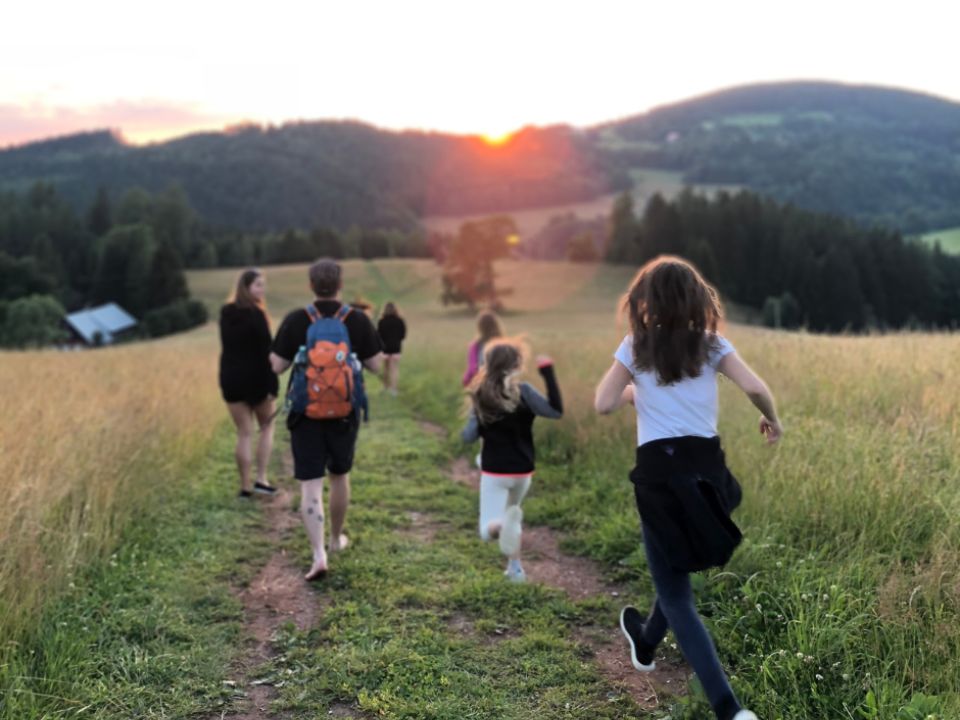
The European Solidarity Corps is a European Union programme that allows you to volunteer abroad, mainly in Europe, supported with EU funding. In the European Solidarity Corps, young people build a more inclusive society and support the disadvantaged.
Volunteering opportunities are available in many areas, including youth work, work among people with disabilities, and cultural and environmental work. Volunteering with the European Solidarity Corps gives you the opportunity to discover a new environment and culture, and to develop your skills in a variety of ways! Accommodation is provided for all participants, for example in a dormitory or with a local host family, depending on the volunteer placement.
You can volunteer with the European Solidarity Corps for 6–12 months through Maailmanvaihto. We send young people on EU-supported voluntary service with decades of experience. Our volunteers have worked in a reception centre for asylum seekers and refugees in Belgium, a youth exchange organisation in Austria and a youth centre in Estonia. As your sending support organisation, we will prepare you for your volunteer placement and be there for you throughout your experience – just contact us via a message or a call.
“When everything around me was new and in many ways different, I learned to know myself better. Getting to know new people and a new cultural environment was a rewarding experience that will surely have an impact for a lifetime. From the journey, I gained friends and a place that feels like a second home.” – Venla Ristolainen, volunteering in a kindergarten in Poland
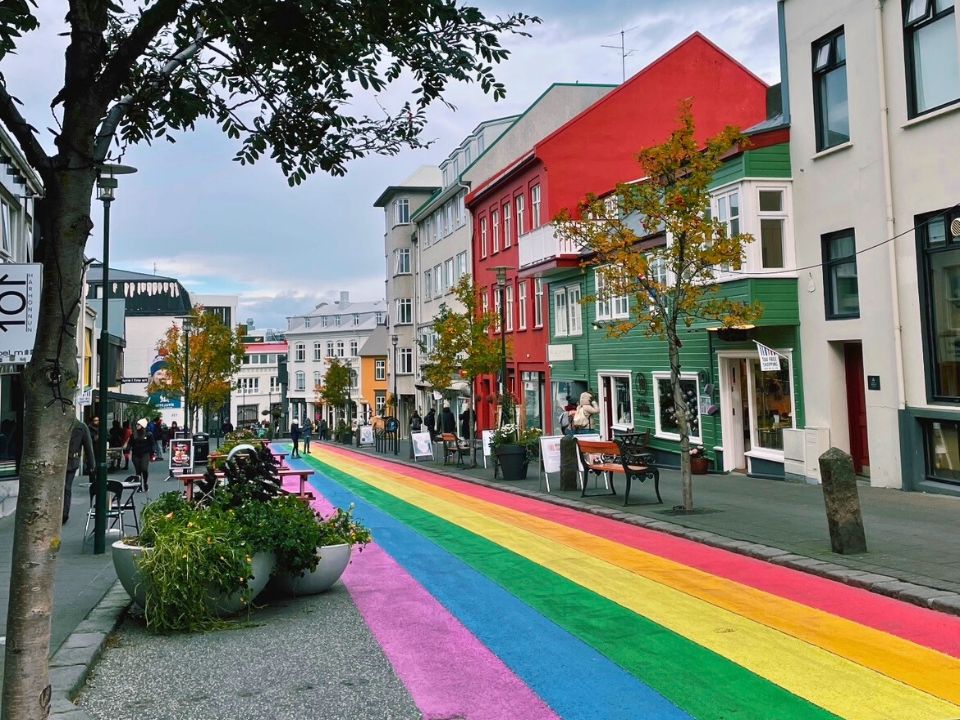
The available countries include Belgium, Bulgaria, Spain, the Netherlands, Ireland, Iceland, Italy, Austria, Greece, Croatia, Cyprus, Latvia, Liechtenstein, Lithuania, Luxembourg, North Macedonia, Malta, Portugal, Poland, France, Romania, Sweden, Germany, Slovakia, Slovenia, Denmark, the Czech Republic, Turkey, Hungary, and Estonia. Additionally, EU-supported volunteer projects can be organized in Eastern European, South Caucasus, Western Balkans, and Southern Mediterranean countries.
In the ICYE federation, the member of which Maailmanvaihto – ICYE Finland is, ICYE organisations coordinate European Solidarity Corps volunteering periods in Iceland, Italy, Austria, Poland, Germany, Denmark, Turkey, and Russia.
“In less than a year of volunteering in Germany, there were countless amazing and exciting memories, which I still recall constantly.” – Vilma-Riikka Tiittanen, volunteering in a folk high school in Germany
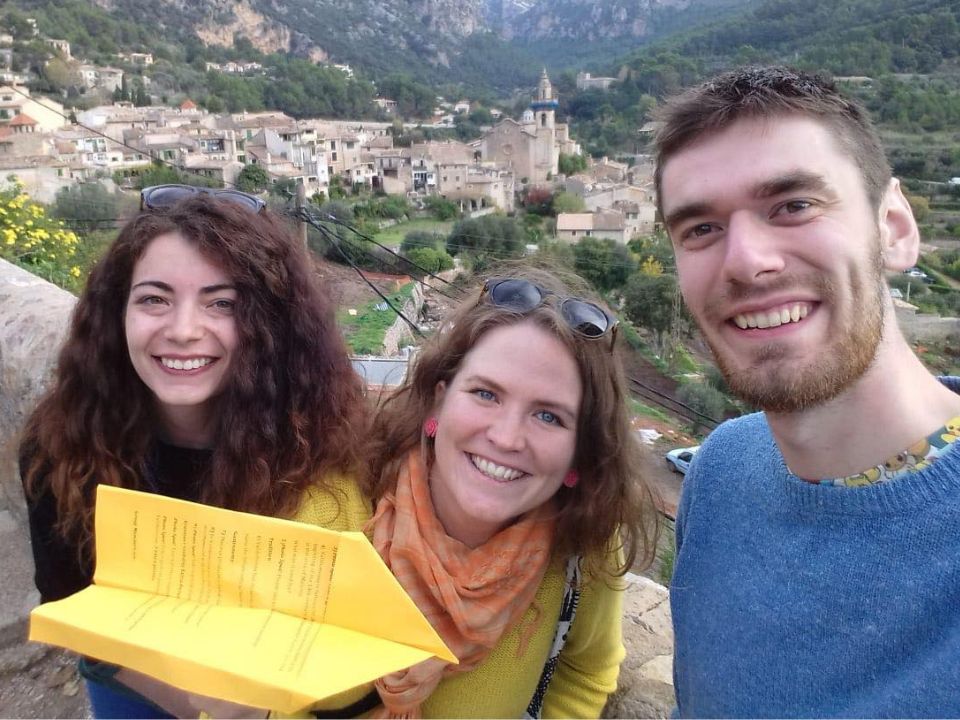
You can join the European Solidarity Corps for volunteering between the ages of 18 and 30. However, you can register for the European Solidarity Corps as early as 17 years old.
There is no requirement for educational or work background to participate, and you don’t need to know the language of the destination country in advance. The volunteer period provides a great opportunity to explore the field of your volunteer placement and learn the local language.
All young people aged 18–30 are welcome in the European Solidarity Corps. Priority is given to young people who, due to unemployment, have fewer opportunities to gain international experience.
Support, such as an assistant, can be arranged for volunteers with mobility or sensory impairments, as well as for those with chronic illnesses. Since the support needs of each volunteer are unique, feel free to contact us, and we can discuss together whether there are suitable opportunities in the program. We have previously sent a visually impaired young person and a physically disabled young person abroad through our program.
As an example of more accessible volunteer positions, the Austrian youth exchange organization Grenzelos annually looks for a young person with disabilities to volunteer in their project called Grenzenlos without Barriers. For further information and inspriration for volunteering as a young person with disabilities, watch videos our videos Beyond Borders – Young People with Disablities Volunteering Abroad.
We require a full COVID-19 vaccination series for volunteers working with vulnerable individuals, such as the elderly or people with disabilities. In addition, volunteers must follow the guidance on vaccinations from the coordinating organization and the destination country. An exception is possible if you cannot take the vaccine for health reasons.
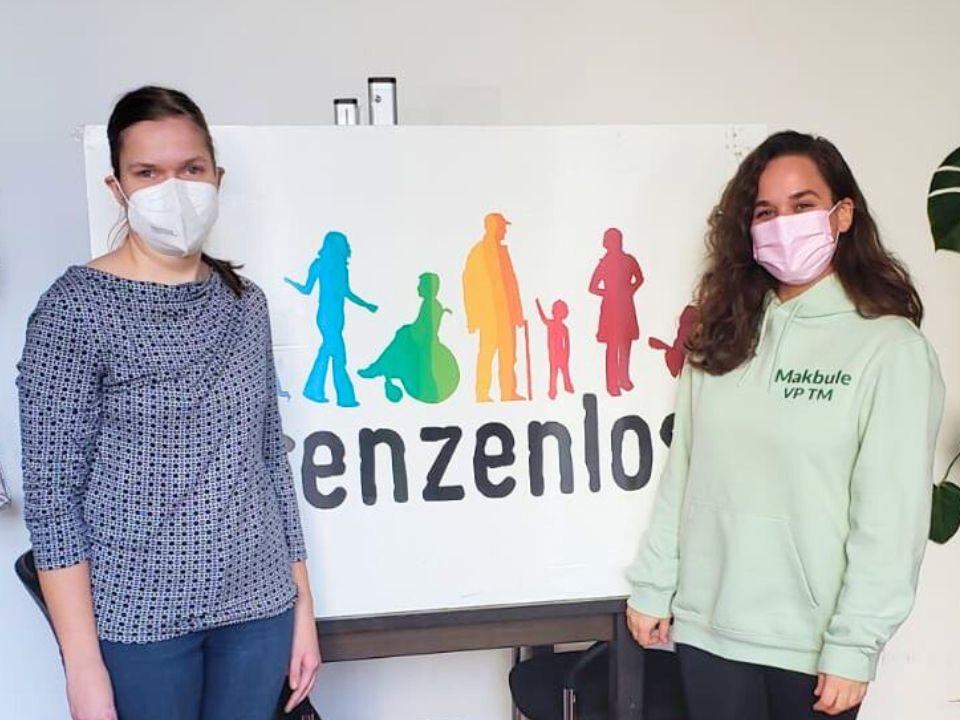
The funding for the European Solidarity Corps volunteering is provided by the European Union. The volunteer period includes:
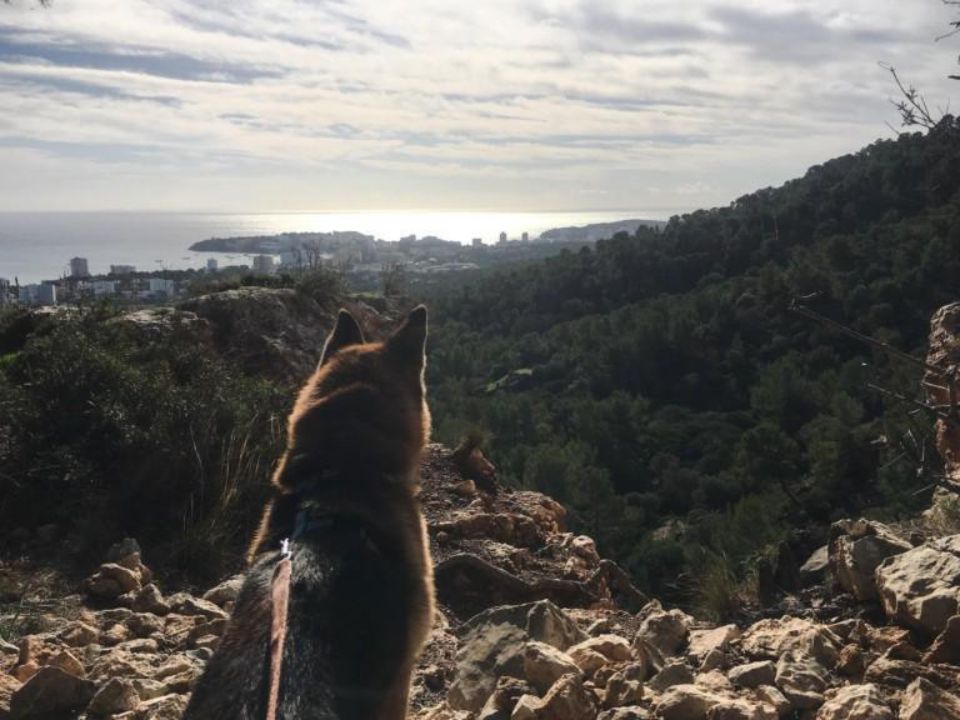
You can apply for volunteering with the European Solidarity Corps throughout the year.
We recommend submitting applications at least six months before your planned start date.
You can apply either to open positions with Maailmanvaihto’s partner organisations or directly on the European Youth Portal.
“As a volunteer at ICJA, I improved my German skills, gained experience of the everyday operations of an international organisation and was involved in organising trainings focused on global learning. I learnt a lot about international volunteering, also from the perspective of global power structures.” – Anna Mäkinen
Do you have questions about the European Solidarity Corps? Please contact us, and we’ll be happy to provide more details.
The European Commission is not responsible for the content of the website.